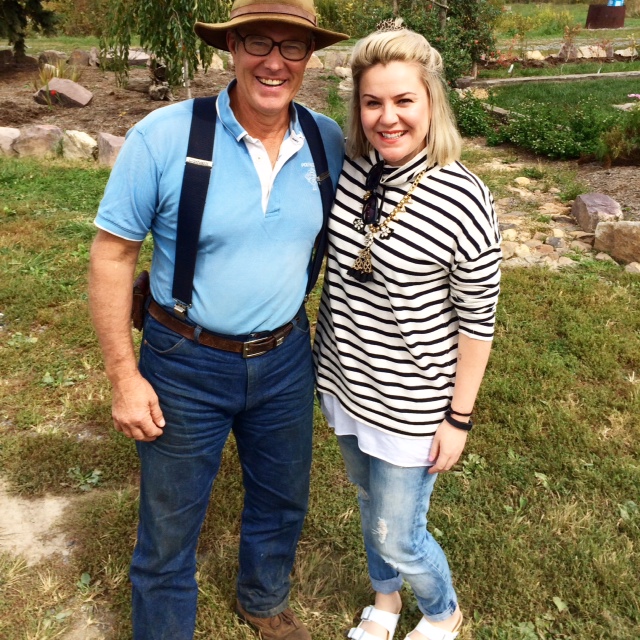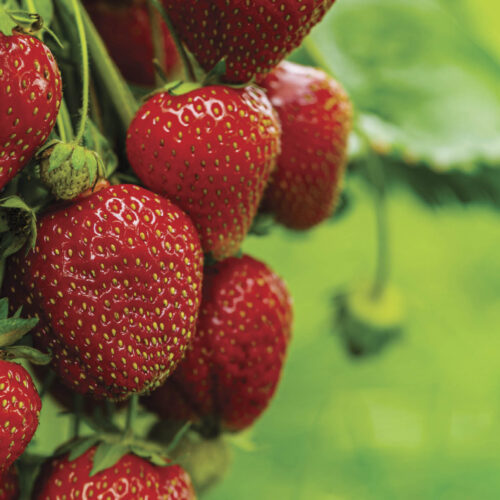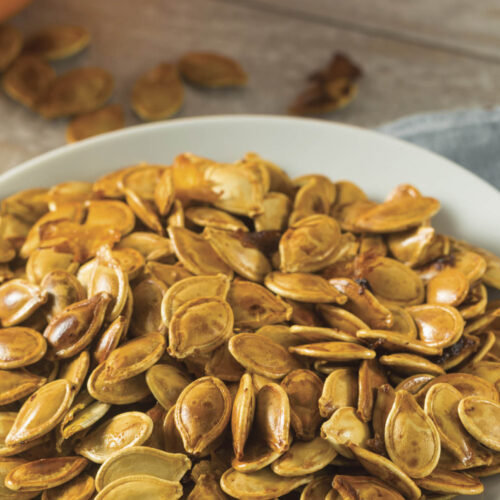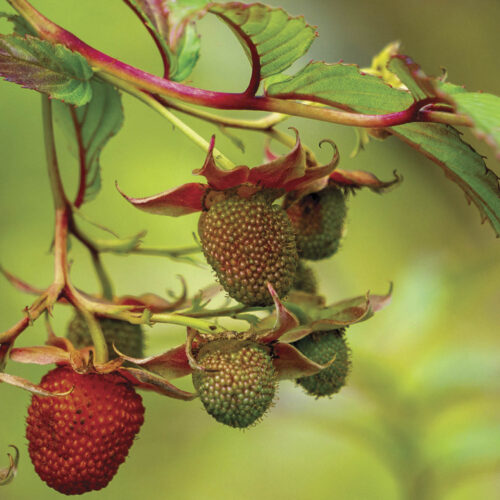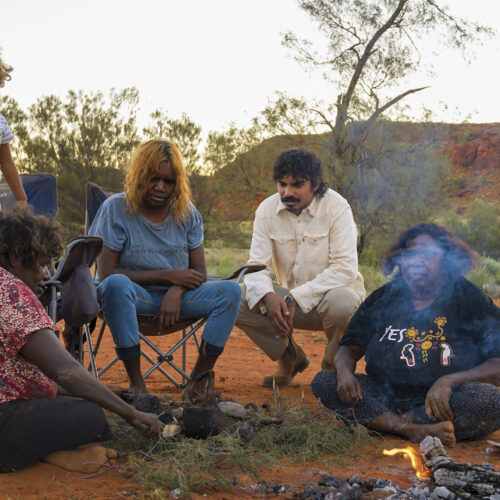Down on the farm
2015-04-13T05:44:17+10:00
Meet REBECCA SULLIVAN, our newest contributor, as she catches up with Joel Salatin.
As a girl who grew up with my feet firmly planted in the dusty red ground of South Australia’s wheat belt, all I wanted to do was make a swift exit. The big city lights and paved roads were more appealing to me. Our family were not farmers, we just lived in a farming community. I did not understand it and back then did not want to. Don’t get me wrong, my childhood was a happy one, I just didn’t want to grow wheat and round up cattle. I ran as far as I could to the USA and then London for nearly a decade. But as the saying goes, you can take the chick out of the country, but you sure can’t take the country out of the chick.
It’s rather funny that by moving thousands of miles away, I would learn more about caring for our land and having the privileged job of being a steward of it, or in short, being a farmer, than I ever did in my adolescence. I have had the honor of spending the past 12 years working in and around food, sustainability and agriculture including doing my Masters in Sustainable Agriculture at the Royal Agricultural College in the UK, working with coffee farmers in Uganda, activists in the USA and scientists in the Maldives. But in all of my work, nothing excites me more than meeting the men and women who grow our food.
One of those very men is Joel Salatin, self-described ‘Christian-libertarian-environmentalist-capitalist-lunatic’ (and I have the t-shirt to prove it), a loud, unpretentious and incredibly mesmerizing Virginian farmer. He’s the type you would expect to walk the fields with straw hanging out of the side of his mouth, a wide legged swagger and a dog by his side. But Joel is not to be put in a box. In fact if you put him in one, he would find a way out in seconds flat.
In 1961, William and Lucille Salatin moved their young family to Virginia’s Shenandoah Valley, purchasing the most worn-out, eroded, abused farm in the area near Staunton. Using nature as a pattern and by disregarding conventional wisdom they and their children began the healing and innovation that now supports three generations. With Joel and wife Sherie and their kids now leading the way, each have their precious place in the pecking order that is Polyface Farm.
I went to visit Joel in October 2014 and although I have visited many farms all over the world Polyface gave me goose bumps. As we walked around the property Joel described the farm to me with much enthusiasm. He tells me with a laugh “because I don’t use machinery or nasty chemicals my neighbors think I am a bio terrorist”. I laugh and then realise he is not joking.
In his newest book, Folks, This Ain’t Normal, the 54-year-old farmer-philosopher is portrayed as an agrarian libertarian who wants both Food Inc. and Big Government out of his fields. He thinks the ills of America –unemployment, obesity, disaffected youth – can be cured by going back to the land and its values; a return to what he likes to call “normal.” It’s about better food, yes, but what Salatin is really calling for is responsibility: a declaration of independence from corporations and bureaucracy. Salatin differs from other ‘foodies’ when he says: “I don’t actually think that factory farming should be regulated out of business, it is up to us as people to step up and start acting responsibly about our food, where it comes from and how much we pay for it.”
He implores us to take ownership of the food system, like the Jeffersonian citizen-farmers who founded the country. “They had it right, way back then”, he finishes. We spend a moment as I take it all in and realise that this place makes so much sense to me. I grew up around big, and big meant great. Big farming meant money. Polyface is proving that wrong.
Today the farm arguably represents pretty much the opposite of most of America’s industrial food production. Believing that the ‘Creator’s design is still the best pattern for the biological world’, the Salatin family invites like-minded folks to join in the farm’s mission: to develop emotionally, economically, environmentally enhancing agricultural enterprises and facilitate their duplication throughout the world.
One of those farming families happen to be my neighbors in the Clare Valley, Savannah Lamb operated by Michele and Phil Lally. The Lallys are somewhat of a legendary business in South Australia and for good reason. Michele and Phil have also taken on Saltin’s crazy lunatic farmer attitude and are now in the process of making their farm much like Polyface farm in their own special way.
Together they have spent over three years developing the brand, achieving stress free, ethical treatment and quality standard protocols to bring Savannah Lamb to top chefs and consumers. They have enjoyed rave reviews and are now in the difficult position of demand outweighing supply. Their farm is as inspiring and dreamy as Saltin’s and the proof is in the lamb chop.
So here I stand, looking out over the farm my parents eventually bought in the Clare Valley. No it’s not the wheat belt and red dust I began my journey in. It is now a place I hope to spend the remainder of my time, learning and growing food just like my heroes, because like they say you can take the chick out of the country, but you can not take the country out of the chick.
Rebecca’s article, Bygone Beauties, on new-fashioned pot pourri appears in the current issue of Organic Gardener magazine.

